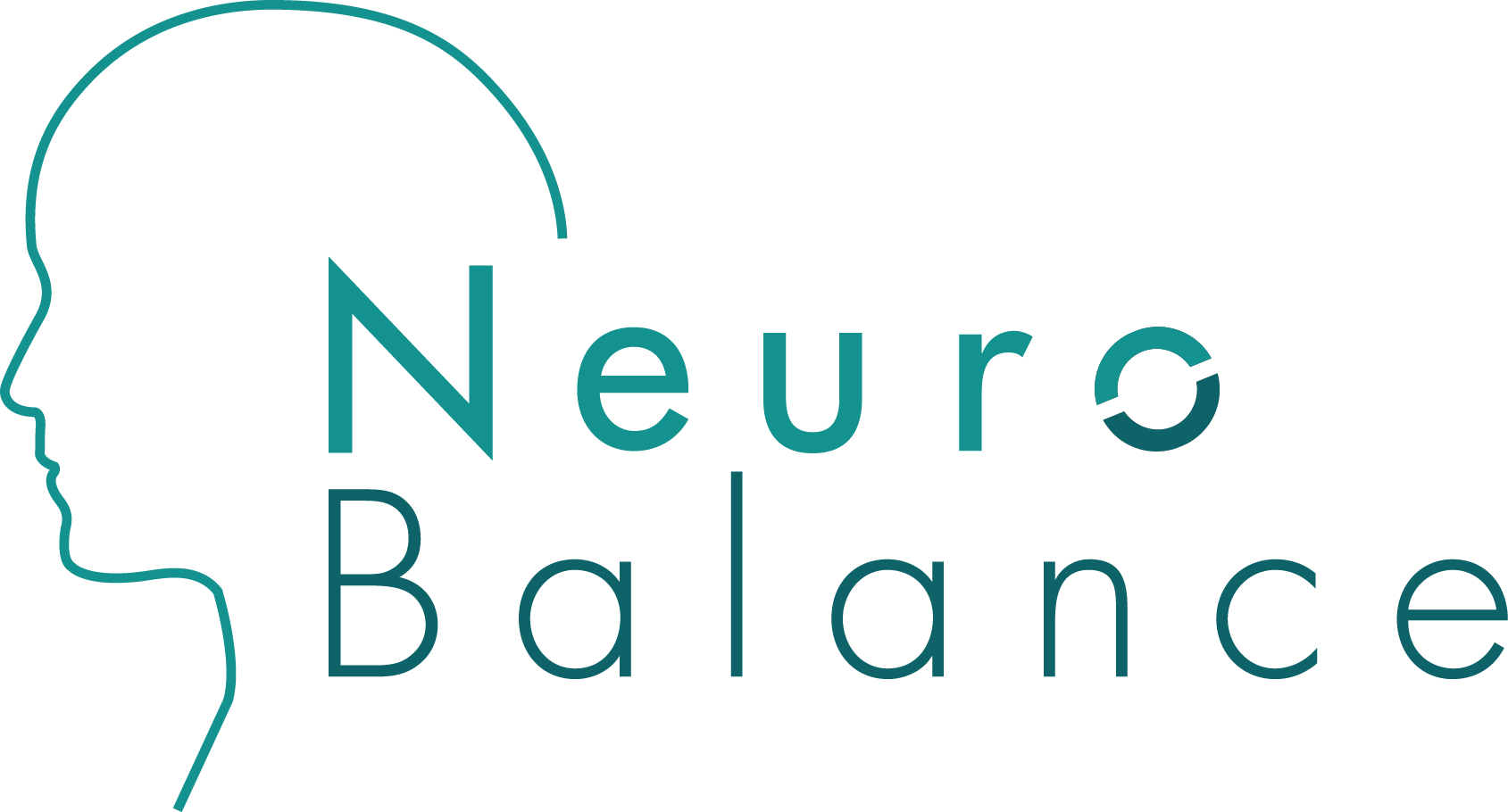Fermenting Good Health: How Fermented Foods Can Boost Your Mental Wellness
In recent years, the intricate relationship between our gut and brain has captured the attention of scientists and foodies alike. Dubbed the "gut-brain axis," this connection suggests that the state of our digestive system can have a profound impact on our mental health. For instance, it is a well known fact that our digestive health has a direct impact on depression, anxiety, memory and cognition. Now current research is seeing correlations in gut microbiome imbalance and neurodegenerative diseases like dementia and Parkinson’s disease. Enter fermented foods - not just a culinary trend, but a gateway to potentially enhancing our cognitive well-being.
The Science Behind Fermentation and Mental Health
A groundbreaking study by Stanford Medicine researchers has illuminated the benefits of a diet rich in fermented foods. Over a 10-week period, participants who consumed a variety of fermented foods saw a notable increase in gut microbiome diversity and a decrease in inflammatory proteins. This is significant because low microbiome diversity has been associated with health issues like obesity and diabetes. The fermented food group also showed reduced levels of certain immune cells and inflammatory proteins, including interleukin 6, which is linked to chronic diseases such as rheumatoid arthritis and Type 2 diabetes. These findings underscore the potential of microbiota-targeted diets to lower inflammation in healthy adults, offering a promising avenue for combating chronic inflammatory diseases.
Top Fermented Foods for Your Diet
To harness the mental health benefits of fermented foods, consider incorporating the following into your meals:
Yogurt and Kefir: Loaded with probiotics, these dairy products are staples for gut health.
Kimchi and Sauerkraut: These fermented vegetables are not only flavorful but also rich in digestive-friendly bacteria.
Kombucha: A fermented tea that's become popular for its tangy taste and health benefits.
Fermented Cottage Cheese: Offers a dose of probiotics along with protein.
Vegetable Brine Drinks: These beverages can provide a refreshing way to consume beneficial bacteria.
When considering how much fermented food to include in your diet, there's no one-size-fits-all answer. It's generally recommended to start small, with servings like a few tablespoons of sauerkraut or a small glass of kefir per day, and observe how your body responds. Gradually, you can increase the amount to a serving per meal, depending on your tolerance and health goals.
Fermented foods work wonders in the gut by introducing beneficial bacteria, or probiotics, that help balance the gut microbiome. This balance is crucial for digestive health, immune function, and even mental health through the gut-brain axis. The probiotics in fermented foods can help restore the natural balance of gut bacteria, which can be thrown off by factors like antibiotics and poor diet. This, in turn, supports nutrient absorption, reduces inflammation, and may boost mood and cognitive function.
For detailed guidance and recommendations on incorporating fermented foods into your diet, it's best to consult reliable health sources or a nutrition expert.
Conclusion
As the link between our gut health and mental wellness becomes clearer, incorporating fermented foods into our diet emerges as a simple yet effective strategy to potentially improve our mental health. While the science continues to evolve, the current evidence from studies like Stanford's points to a delicious and nutritious way to support our brain health through what we eat. So, next time you're grocery shopping, consider adding some fermented goodies to your cart for both their flavor and their potential mental health benefits.
The information about the Stanford study provides a robust foundation for understanding how dietary choices, specifically the inclusion of fermented foods, can play a significant role in our overall health, including our mental well-being.
-A Balanced Brain is a Better Brain for a Happier Life-
